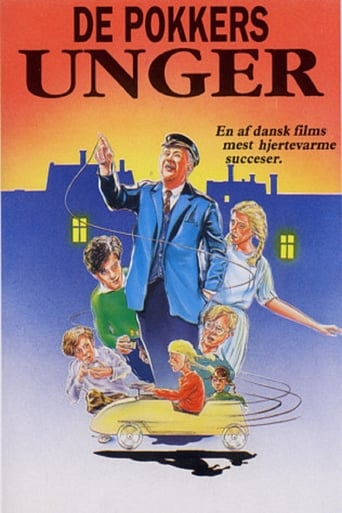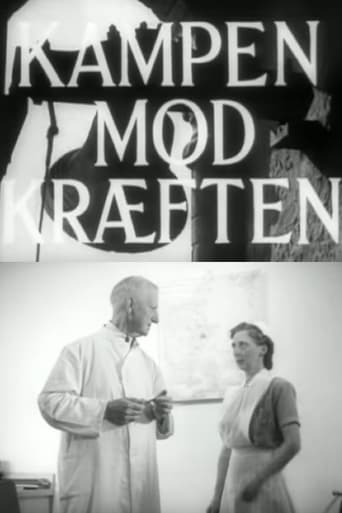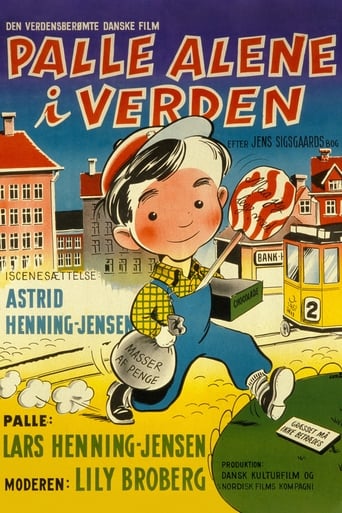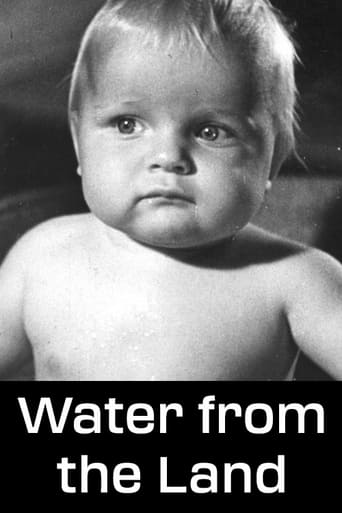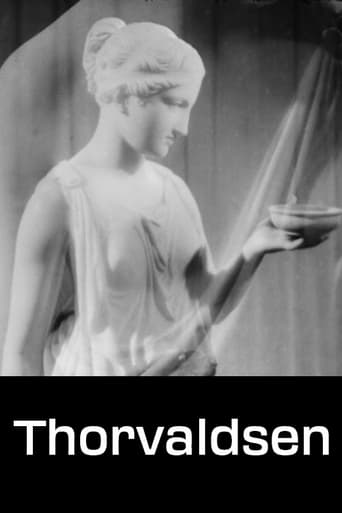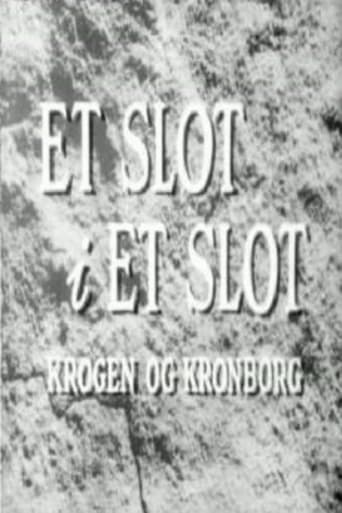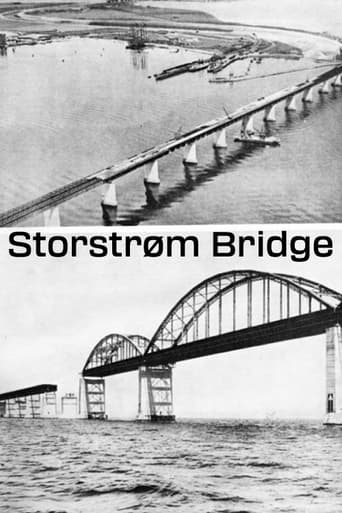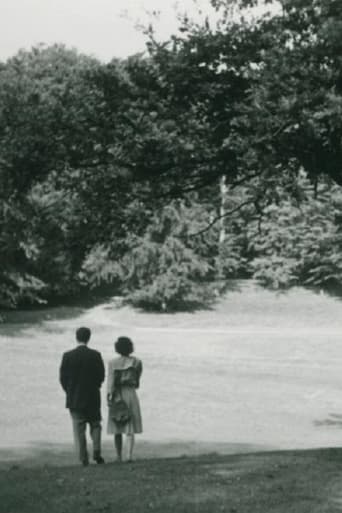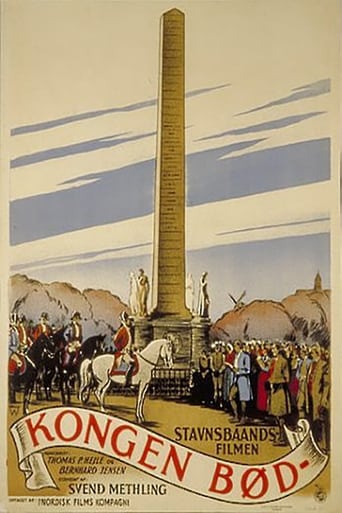Dansk Kulturfilm
Den danske folkehøjskole 1944
On the occasion of the 100th anniversary of the Grundtvig High School in 1944, this tribute was made to a cultural-historical achievement. In a quietly progressive, classic film language with often staged reconstructions, the spiritual preconditions of the colleges, the efforts of the time, and the life that unfolded are told about the peasants and girls meeting the paternal, fundamentalist spirit. There are recordings from eg. Vallekilde Højskole and Frederiksborg Højskole, but very many high schools across the country are introduced in short clips.
ABC - Spelling Africa 1964
Africa-related animals and things are spelled and illustrated with Bent Barfod's wonderful animations. A for Africa, B for banana, C for chimpanzee, D for dromedary... The text was improvised by children from Den Lille Skole in Lyngby. (DFI)
Those Damned Kids 1947
Directed by Danish filmmakers Bjarne and Astrid Henning-Jensen, THOSE BLASTED KIDS tells a story of a group of back-alley urchins that is considered Denmark’s first true children’s film.
Carl Th. Dreyer 1966
A documentary about the famous Danish film director Carl Th. Dreyer, made a few years before he died. In this film Dreyer tells about the style in his feature films and about the important things in film making: the script and the casting. He tells about his theories about setting and acting.
The Fight Against Cancer 1947
A Danish PSA urging people to see the doctor before it's too late to cure their cancer.
Palle Alone in the World 1949
A young boy wakes up to find all other people have gone, leaving him free to do whatever he wants.
En dag i radioen 1950
Water from the Land 1946
Sharply critical film about rural water pollution in the Jutland countryside district of medical officer Jens Jensen. Situations of everyday water use are illustrated by graphic representations of a well and surrounding soil layers. A new well is correctly constructed in the farmyard.
Thorkild Roose 1949
Filming of actor Thorkild Roose in some of his greatest theatrical roles: as Delescluze in "The Defeat" (Nordahl Grieg) and as Cardinal Gonzaga de Castro in "The Cardinals' Dinner" (Julio Dantas). In addition, well-known actors such as Tove Maës, Johannes Meyer and Palle Huld are also seen.
Thorvaldsen 1949
Documentary short film about the work of Bertel Thorvaldsen (1770-1844), one of the most famous Danish sculptors, who spent a good part of his life in Italy.
A Castle Within a Castle 1954
The castle of Krogen, built c. 1420, is inside the later castle of Kronborg. Reconstruction of Kronborg gave a chance to study early castles. Models of both are shown.
J.F. Willumsen 1951
Documentary short of artist J.F. Willumsen.
Storstrøm Bridge 1950
A wordless ode to the Storstrom bridge.
Radiohuset 1947
The film gives a picture of the busy life that moves throughout the day in the Radio House, and it shows us the people behind the voices as well as the technical means needed to complete the broadcasts. Reportage and department manager Aksel Dahlerup (later radio director from 1959-1967) takes the viewer on a tour through the radio house's many studios, where orchestras rehearse, choir singers rehearse, actors record audio plays and speakers advertise the press radio newspaper. We also drop by the director's office, the music archive and the Marketenderiet, where the house's many employees meet over a bite to eat or a cup of coffee.
Sommerrapsodi 1947
A walk through Dyrehaven near Copenhagen, full of lyrical and humorous details, which give an impression of typical Danish summer life and of Danish landscapes. The film is based on Knud Åge Riisager's piece "Summer Rhapsody" played by the Radio Orchestra with Erik Tuxen as conductor.
Escape 1942
"Flugten"/"Escape" is about a murderer who is running away from his crime but can't run away from his guilt.
Kongen Bød 1938
We are in a Zealand village in the years before the reading of the staves. Jacob, the son of alderman Jeppe, goes from farm to farm and blows for the town meeting. Today the farmers are to meet to discuss when to start the rye harvest. The young farmer, who is eager to get started, does not have much confidence that they will be able to agree. When he gets home, he asks his father why they cannot harvest right away. Maybe it will be like last time, when the rye was rotting in the field. He does not understand that they always have to wait for the others. The old farmer gives him a sharp rebuke: "Don't pretend to be smarter than you are!“


